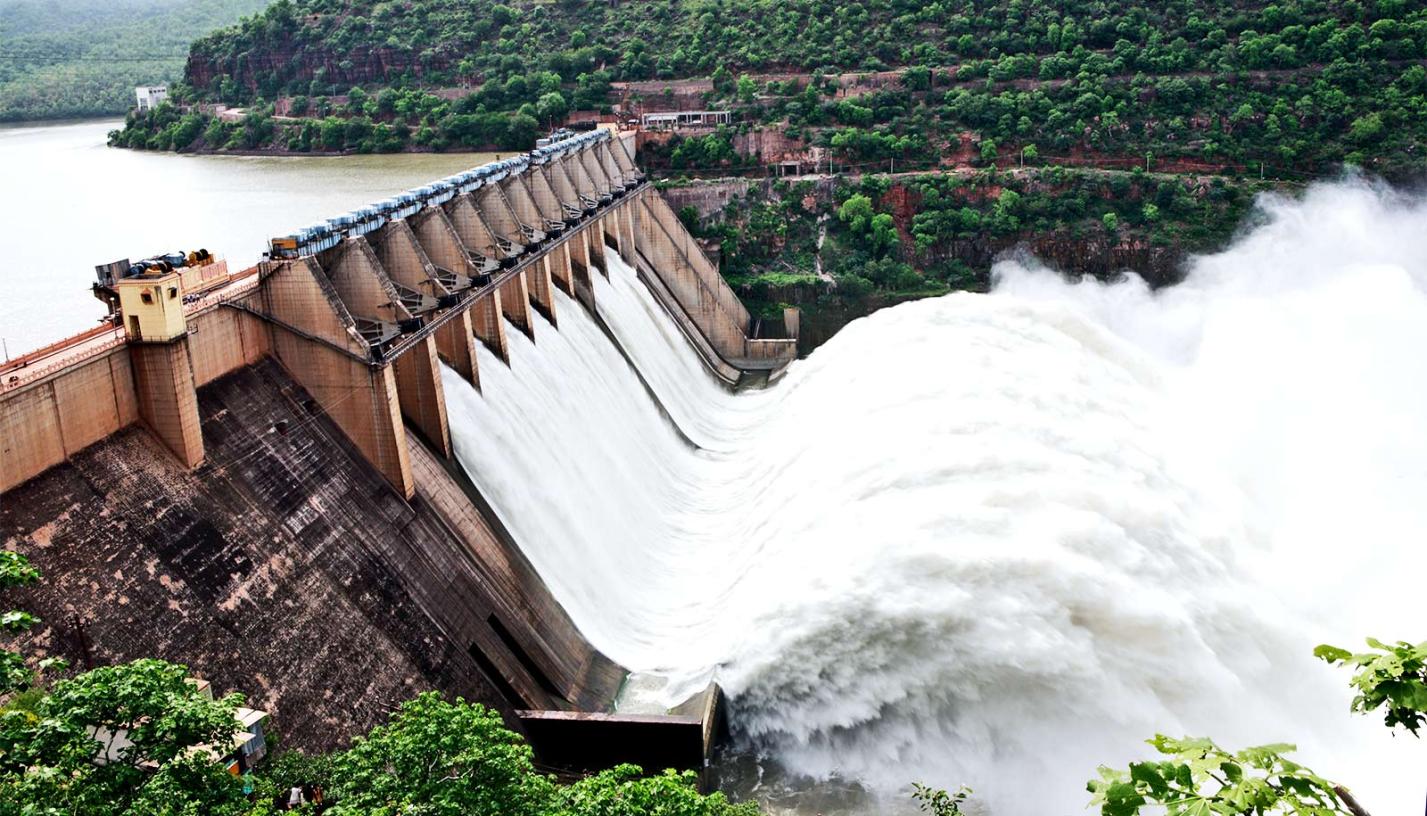Exploring the Potential of Hydropower in Developing Countries
Hydropower, harnessing the energy of flowing water, stands as a renewable and sustainable energy source with immense potential to transform the energy landscape of developing countries. This article delves into the significance of hydropower in these regions, its untapped potential, the benefits it offers, the challenges it faces, and strategies for sustainable development.

Understanding Hydropower Potential In Developing Countries
Abundance Of Water Resources
- Developing countries are blessed with abundant water resources, including rivers, lakes, and reservoirs.
- Rainwater harvesting and storage techniques can further enhance the availability of water for hydropower generation.
Geographical Advantages
- Many developing countries possess mountainous regions and steep slopes, providing ideal conditions for dam construction and hydropower generation.
- Favorable topography facilitates the creation of reservoirs and the efficient utilization of water resources.
Untapped Potential
- Despite the abundance of water resources, the hydropower potential in developing countries remains largely untapped.
- Significant opportunities exist for new projects and the expansion of existing ones, offering a vast potential for clean and sustainable energy generation.
Benefits Of Hydropower Development In Developing Countries
Clean And Renewable Energy Source
- Hydropower is a clean and renewable energy source that does not emit greenhouse gases, contributing to the fight against climate change.
- Its development aligns with the Sustainable Development Goals, promoting access to affordable, reliable, sustainable, and modern energy for all.
Economic Advantages
- Hydropower projects create jobs, stimulate economic growth, and improve infrastructure, particularly in rural areas.
- Access to electricity empowers communities, enhances productivity, and supports the development of industries and businesses.
- Rural electrification through hydropower can alleviate poverty and improve living standards.
Social And Environmental Benefits
- Hydropower projects often provide access to clean water and sanitation, improving public health and reducing waterborne diseases.
- Improved access to electricity enhances educational opportunities, healthcare services, and communication infrastructure.
- Hydropower reservoirs can contribute to flood control, irrigation, and the preservation of ecosystems.
Challenges And Constraints To Hydropower Development
Environmental Impacts
- Hydropower projects can disrupt habitats, leading to biodiversity loss and ecological imbalances.
- Sedimentation and water quality issues may arise due to the construction of dams and reservoirs.
Social And Cultural Impacts
- Hydropower projects may require the displacement of local communities, affecting their livelihoods and cultural heritage.
- Loss of traditional livelihoods and cultural practices can lead to social and economic disruption.
Financial And Technical Constraints
- Hydropower projects often involve high initial investment costs, making them challenging for developing countries with limited financial resources.
- Access to financing and technology can be limited, hindering the development of hydropower projects.
Political And Regulatory Hurdles
- Lack of clear policies and regulations can create uncertainty and discourage investment in hydropower projects.
- Corruption and lack of transparency can further hinder the development of hydropower.
Strategies For Sustainable Hydropower Development
Environmental Impact Assessment And Mitigation
- Conduct thorough environmental impact assessments to identify and minimize potential negative impacts.
- Implement sediment management strategies to reduce sedimentation and maintain water quality.
Social And Cultural Considerations
- Develop resettlement and compensation programs to ensure that affected communities are adequately compensated and supported.
- Preserve cultural heritage and traditional practices by involving local communities in the planning and implementation of hydropower projects.
Financial And Technical Assistance
- Provide international cooperation and funding to support hydropower development in developing countries.
- Facilitate capacity building and technology transfer to enhance local expertise and capabilities.
Policy And Regulatory Framework
- Establish clear policies and regulations that promote sustainable hydropower development.
- Promote transparency and accountability to ensure that hydropower projects are developed in an ethical and responsible manner.
Hydropower holds immense potential to transform the energy landscape of developing countries, providing clean, renewable energy, economic growth, and social and environmental benefits. By addressing the challenges and promoting sustainable development strategies, developing countries can harness this potential to achieve their energy goals and contribute to a more sustainable future.
International collaboration and support play a crucial role in unlocking the potential of hydropower in developing countries. By providing financial, technical, and policy assistance, developed countries can empower developing countries to harness this renewable energy source and achieve sustainable development.
YesNo

Leave a Reply